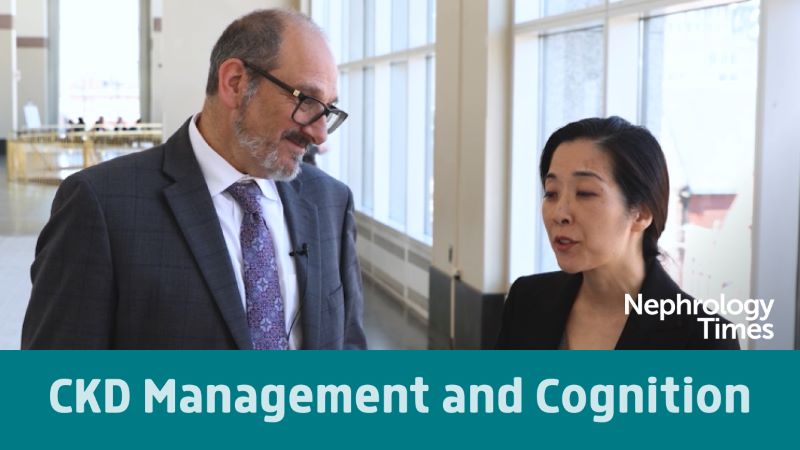
Worldwide, heart failure remains a significant health problem despite available therapies; many patients reach advanced stages of heart failure, complicated by diuretic resistance, kidney dysfunction, and refractory congestion, all prevalent in advanced disease. Options for treatment of fluid overload include hemodialysis or peritoneal dialysis.
Over the past few decades, peritoneal dialysis has emerged as an attractive therapy, due to benefits demonstrated in numerous cohort studies including functional class improvement, reduction in hospital admissions, improved quality of life, and reduction in mortality. However, according to Ronald O. Morales, MD, and colleagues in Barcelona, Spain, most of the previous studies were observational and included a limited number of patients. Further, the optimal timing for peritoneal dialysis therapy and the subgroup of patients who would derive the most benefit are unknown.
The researchers conducted a review of the contemporary evidence of the use of peritoneal dialysis in patients with heart failure and diuretic resistance across the spectrum of ventricular dysfunction and degree of renal dysfunction. The review is reported in Reviews in Cardiovascular Medicine, 2021;22(3):649-657.







 © 2025 Mashup Media, LLC, a Formedics Property. All Rights Reserved.
© 2025 Mashup Media, LLC, a Formedics Property. All Rights Reserved.